Dec 14, (V7N) - In Ukraine's capital, a small group of young activists is striving to rekindle the observance of a daily minute's silence initiated in March 2022 by President Volodymyr Zelensky to honor victims of Russia's invasion. Despite the official decree, participation in the ritual has waned, with most people continuing their routines as the clock strikes 9:00 am.
Among those advocating for its revival is 17-year-old Olia Kozel, who regularly gathers with her peers near Kyiv's Golden Gate metro station, holding signs urging passersby to pause. Kozel describes feeling disheartened by those who acknowledge the signs but keep walking. For her, the minute’s silence offers a way to process the immense grief gripping the nation.
The initiative has begun gaining momentum. Kyiv's city council has recently advanced a proposal to enforce the minute’s silence in schools and some public transport, with plans to broadcast a metronome countdown, a practice already adopted in cities like Lviv.
The idea for the daily pause was championed by Iryna Tsybukh, a journalist-turned-medic whose death near the frontlines in May galvanized friends and activists. Tsybukh envisioned the silence as a deeply personal moment for Ukrainians to reflect on those lost, rather than the impersonal rituals of collective memory associated with the Soviet era.
Activist Kateryna Datsenko, a close friend of Tsybukh and co-founder of the NGO Vshanuy ("Honour"), sees this initiative as a way to preserve individual and collective memories. She notes that memory can take various forms, whether through planting trees, creating spaces of remembrance, or continuing the work of those who have passed.
While some argue that the daily silence risks trapping people in a cycle of grief, Datsenko and others view it as essential for coping with the trauma of war. Former National Memory Institute director Anton Drobovych describes the ritual as "about love and the words you didn’t have time to say to the people you care about.”
As Ukraine endures ongoing violence and mounting losses—Zelensky recently cited 43,000 fallen soldiers, with independent and civilian tolls likely higher—activists like Datsenko and Kozel hope the minute's silence can unite the country in its shared pain andresilience.
END/WD/RH



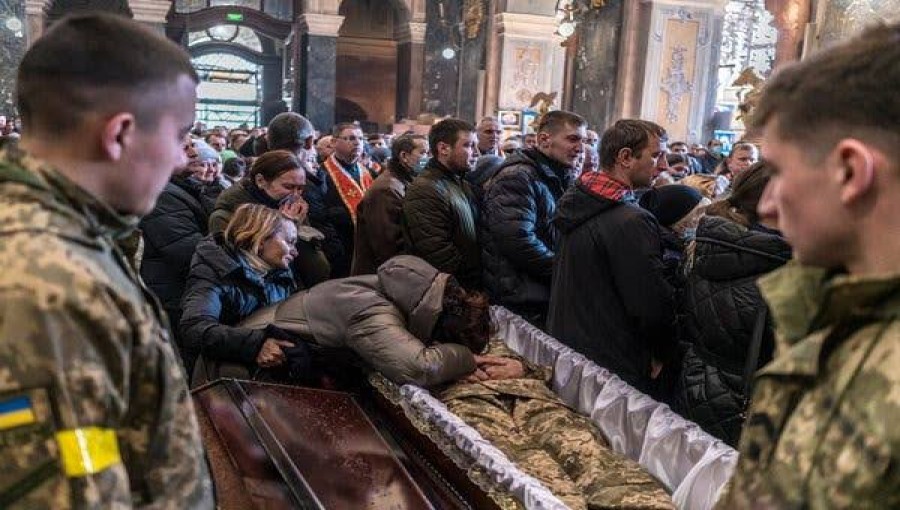
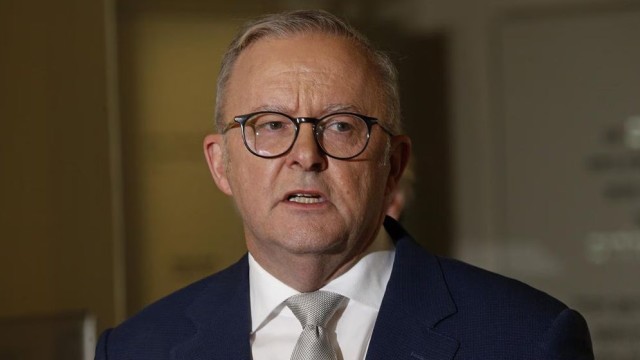
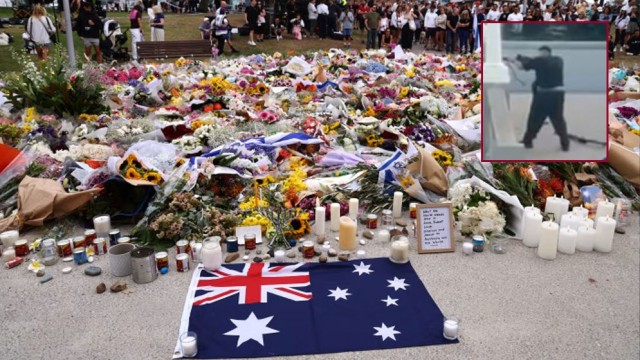
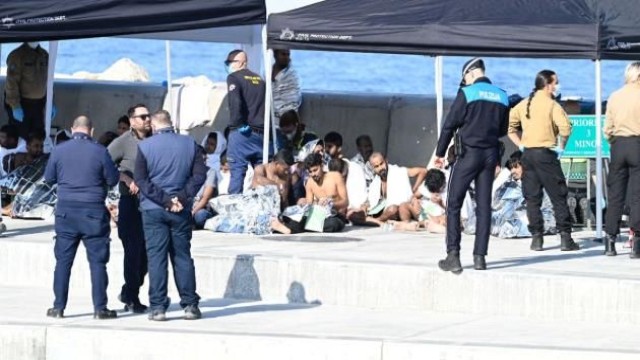
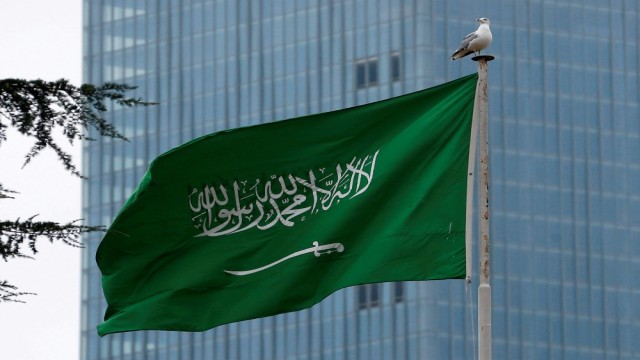
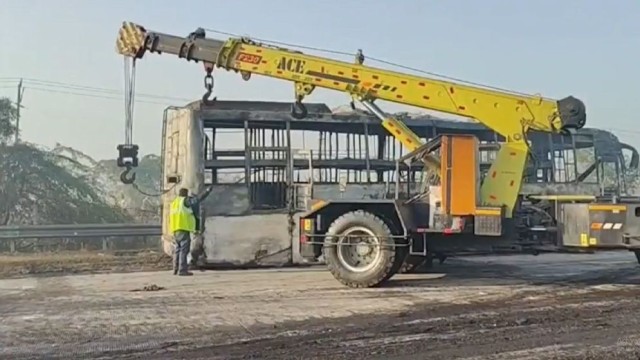

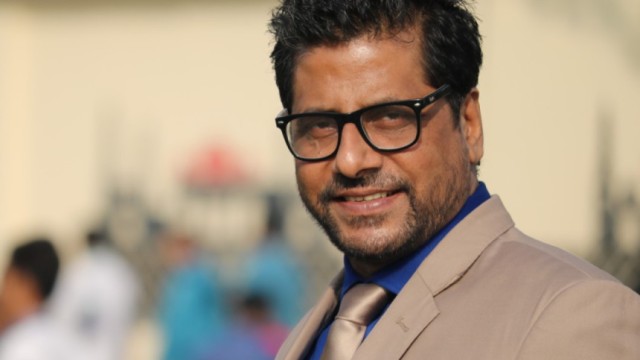
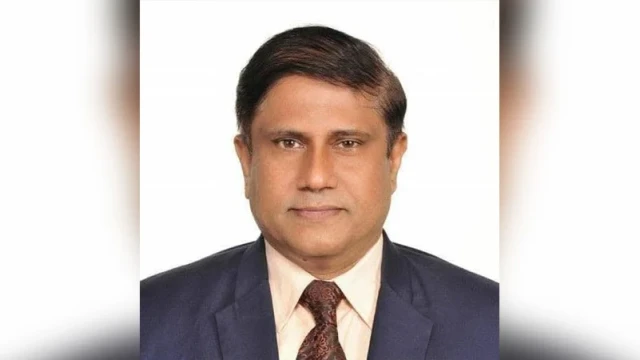
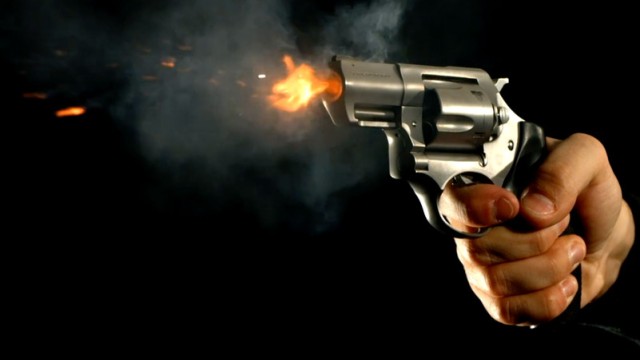
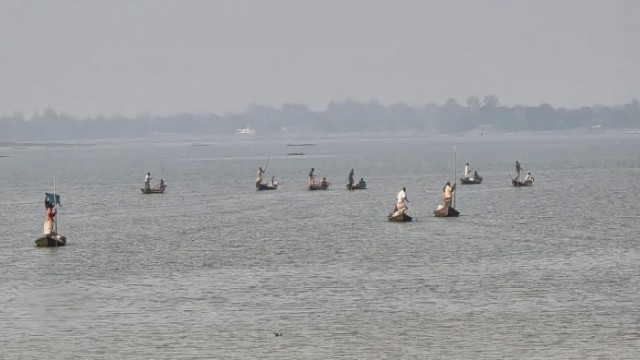
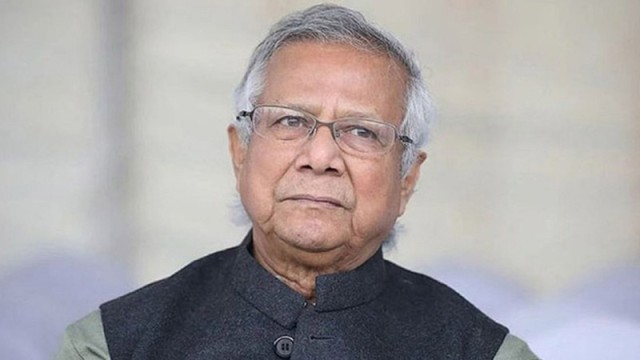
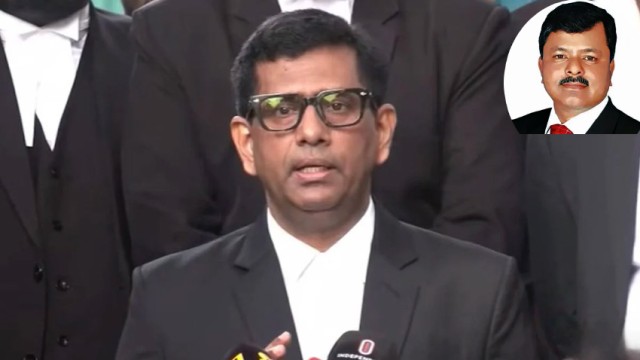

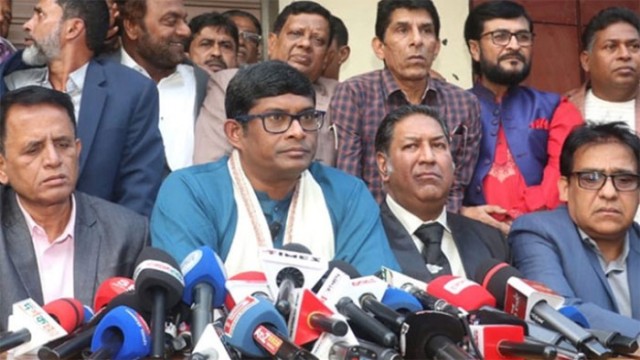
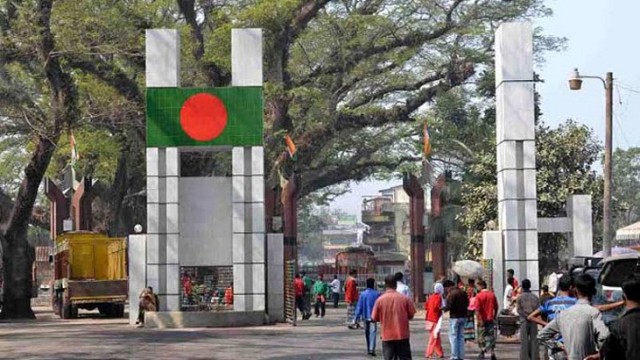


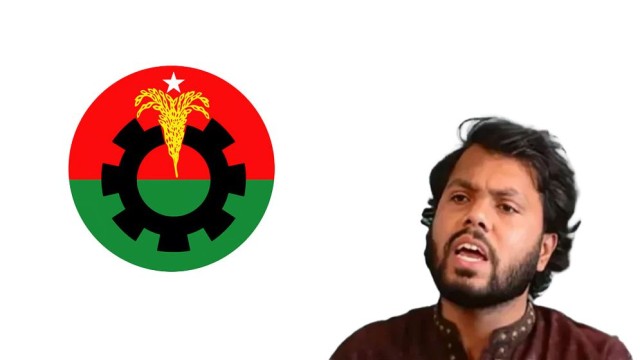
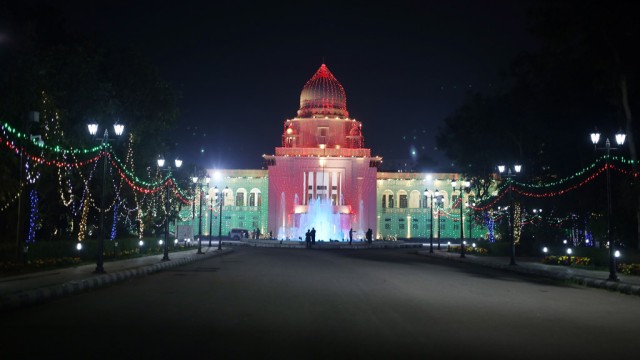
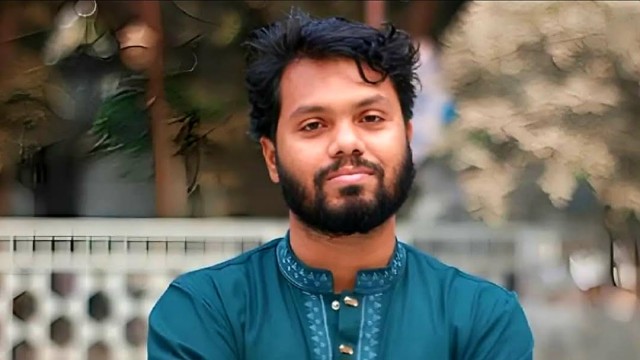
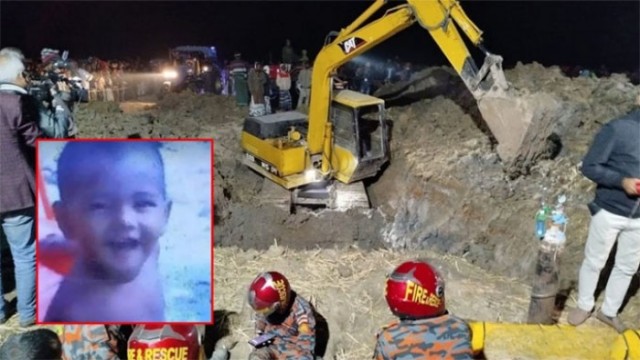
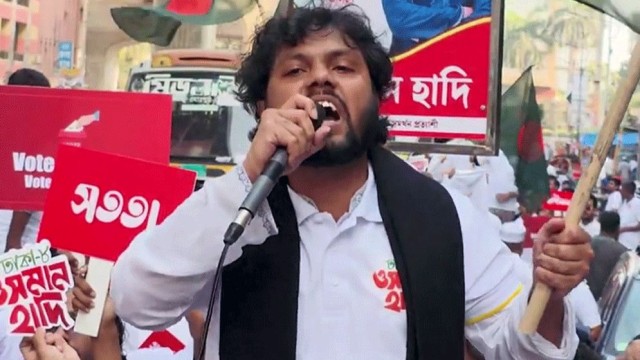
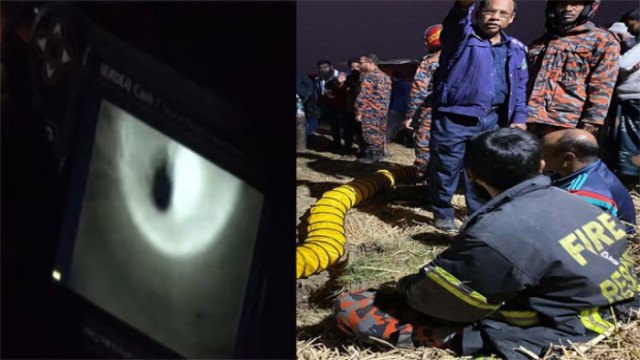
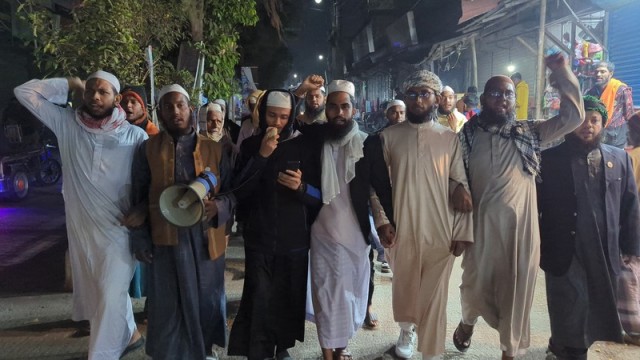
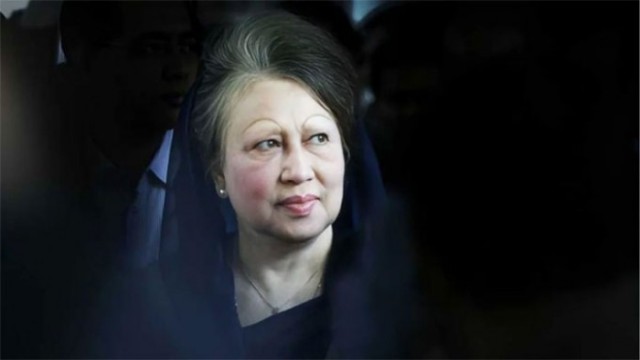
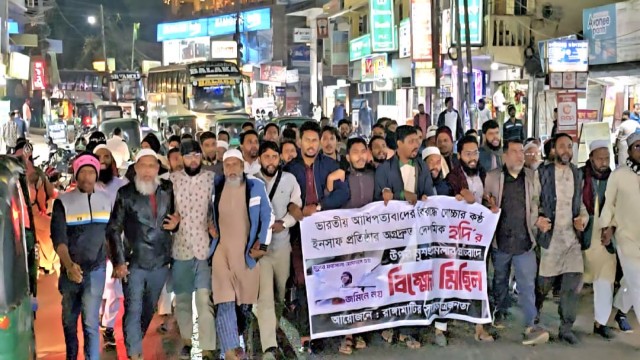

Comment: